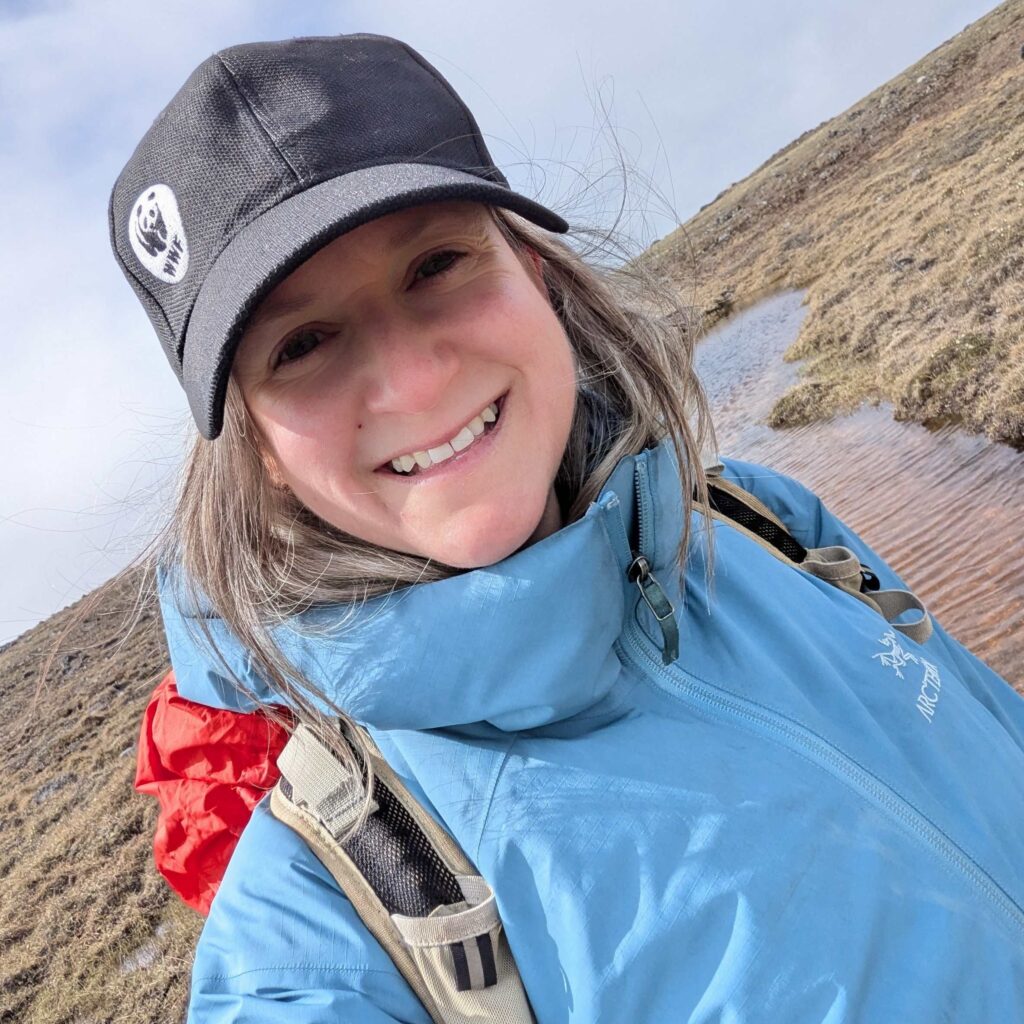History of the
Watershed Reports
The freshwater health assessment framework: a national standard
At the heart of the Watershed Reports is WWF-Canada’s Freshwater Health Assessment Framework, developed to create a consistent method for evaluating freshwater ecosystems across the country. This framework was informed by international best practices from countries like South Africa, Australia, the European Union, and the United States, as well as watershed reporting efforts in Ontario, Alberta, and New Brunswick (WWF-Canada, 2020; Boulton, 1999; Roux, 1999; Norris and Thoms, 1999; Birk et al., 2012; U.S. Environmental Protection Agency, 2013;Kidd et al., 2011; Alberta Environment and Sustainable Resource Development, 2012; Maaskant and Quinlan, 2012).
The framework focuses on four key metrics that reflect essential aspects of freshwater ecosystems:
Hydrology – Evaluates alterations to natural flow patterns due to factors such as climate change, dams, and water withdrawals. Consistent river flow is critical for sustaining aquatic life and ecosystem function.
Water quality – Assesses chemical and physical properties of water, including levels of nutrients, metals, and other pollutants that impact ecosystem health and biodiversity.
Benthic macroinvertebrates – Includes a variety of organisms such as insects, snails, mussels, and worms that live at the bottom of freshwater systems. These species serve as indicators of water quality and habitat conditions because they respond to pollution and environmental changes.
Fish – Evaluates the presence, diversity, and population trends of fish species, which reflect the overall health of freshwater ecosystems and the availability of suitable habitat.
Each metric includes specific indicators designed to track both current conditions and trends over time, using rigorous statistical methods. This comprehensive approach ensures a clear and comparable understanding of watershed health across regions.
Key findings from the 2020 Watershed Reports
The 2020 Watershed Reports provided an updated national reassessment of freshwater health in Canada. The findings showed some progress since 2017, but also revealed persistent challenges (WWF-Canada, 2020):
- Data deficiencies remain a major barrier – Nearly 60% of Canada’s sub-watersheds were classified as data deficient, highlighting a continued lack of comprehensive monitoring.
- Declining hydrology scores – New data revealed that river flow disruptions were more significant than previously thought, with half of assessed sub-watersheds receiving a “Poor” or “Fair” score.
- Water quality concerns – Of the sub-watersheds with sufficient data, 61% received a “Poor” or “Fair” rating, largely due to pollutants like phosphorus, iron, and aluminum, particularly in urban and agricultural areas.
- Fish population monitoring gaps – Fish data remains insufficient, making it difficult to assess long-term trends in biodiversity and ecosystem health.
- Community-based monitoring is essential – Expanding the role of citizen science and local water monitoring programs has been key in filling data gaps, but greater investment is needed.
Recommendations from the 2020 Watershed Reports
The 2020 report recommended several key actions to improve freshwater health monitoring and management (WWF-Canada, 2020):
- Increase support for community-based water monitoring – Expanding programs that empower local groups, such as Water Rangers and regional water networks, can significantly improve data coverage.
- Expand monitoring coverage in underrepresented regions – Many areas with high environmental pressures, such as Northern Ontario and Quebec, remain largely unmonitored.
- Invest in standardized data platforms and open-access resources – Tools like DataStream and CABIN have improved data sharing, but further investment in standardized, national-scale data collection is needed.
- Develop national protocols for data collection and analysis – Ensuring consistent methodologies will enhance the comparability and usability of water quality data across different jurisdictions.
- Commit to long-term, continuous monitoring – To track the impacts of climate change and human activities, freshwater assessments should be updated regularly with a coordinated national approach.
The transition to Water Rangers
Recognizing the need for continued expansion and specialized stewardship, WWF-Canada transferred responsibility for the Watershed Reports to Water Rangers in September 2023. This strategic shift allows WWF-Canada to focus more directly on restoration efforts while empowering Water Rangers—a leader in community-based water monitoring—to maintain and enhance the reports. AquaAction joined as the exclusive sponsor, supporting both the transition and the development of the next Reports (WWF-Canada, 2023).
Water Rangers prepared the third edition of the Watershed Reports (2025). Their approach prioritizes data transparency, community engagement, and the involvement of expert advisory committees to uphold scientific rigor. The Reports will be hosted on a new platform managed by Water Rangers, ensuring regular updates and continuous improvement of the assessment framework.

Special thanks!
The entire Water Rangers extends our gratitude to Catherine Paquette from WWF-Canada. Her work in the first two Reports, her expertise, and her unwaivering support were crucial for this transition.
Looking ahead:
Strengthening Canada’s freshwater conservation
This transition marks more than just a change in stewardship—it represents an evolving collaboration between scientific institutions, grassroots organizations, and engaged community members. The Watershed Reports continue to play a vital role in shaping freshwater conservation efforts, providing essential insights that support informed water management and environmental policy. As monitoring efforts expand and new data becomes available, these reports will remain a cornerstone in protecting Canada’s freshwater ecosystems for future generations.
References
WWF-Canada. (2020). 2020 Watershed Reports: A National Reassessment of Canada’s Freshwater. World Wildlife Fund Canada. Retrieved from https://wwf.ca/wp-content/uploads/2020/10/WWF-Watershed-Report-2020-FINAL-WEB.pdf
WWF-Canada. (2023). Transition of the Watershed Reports to Water Rangers. World Wildlife Fund Canada. Retrieved from https://wwf.ca/newsroom/

